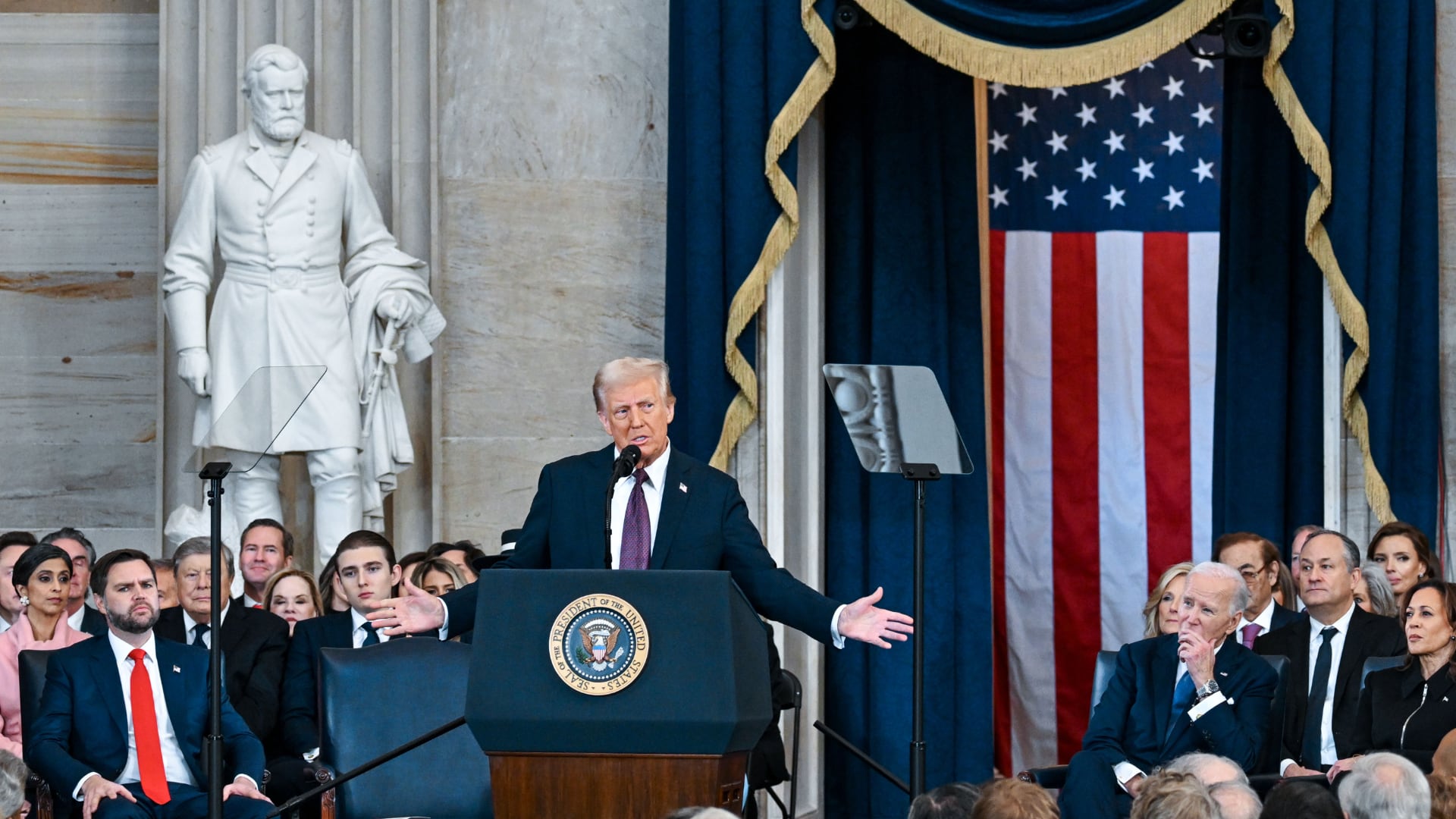In a rare move by the U.S. Senate, former General Lloyd Austin was confirmed as the next U.S. defense secretary on Friday. Typically retired generals have to wait seven years before assuming the role as head of the Pentagon but according to Rep. John Garamendi (D-Calif. 3rd District), extenuating circumstances called for the Senate to confirm President Joe Biden’s pick.
Austin retired from the military in May 2016 but received a waiver from the House and Senate on Thursday. His confirmation was approved in the full Senate with a vote of 93-2.
“I have great confidence in him. He did a very, very good job at the hearing. Obviously he did a very good job in the military. and he has very significant challenges, challenges that he is particularly and uniquely capable of handling,” Garamendi told Cheddar.
Austin made history as the first Black person to be named head of the Pentagon and is just the 28th to hold the role. According to Garamendi, that, in part, qualifies him to handle an array of issues plaguing the armed services, including issues containing white nationalism, stopping racism, and ensuring minorities receive equal opportunities for promotion.
During his Senate hearing, Austin also emphasized that China remains a prominent threat to the U.S., signaling it will be another top priority once he is sworn in as defense secretary.
According to the U.S. Constitution, the position of the secretary of defense is a civilian-held role and the seven-year window between retirement and potential confirmation is to protect the government from potential coups. This is why the waiver was necessary for Austin, as it was for Gen. James Mattis, the first defense secretary to serve under President Donald Trump.
“Will it be a standard procedure? I would hope not, but the door is opened," Garamendi said.












